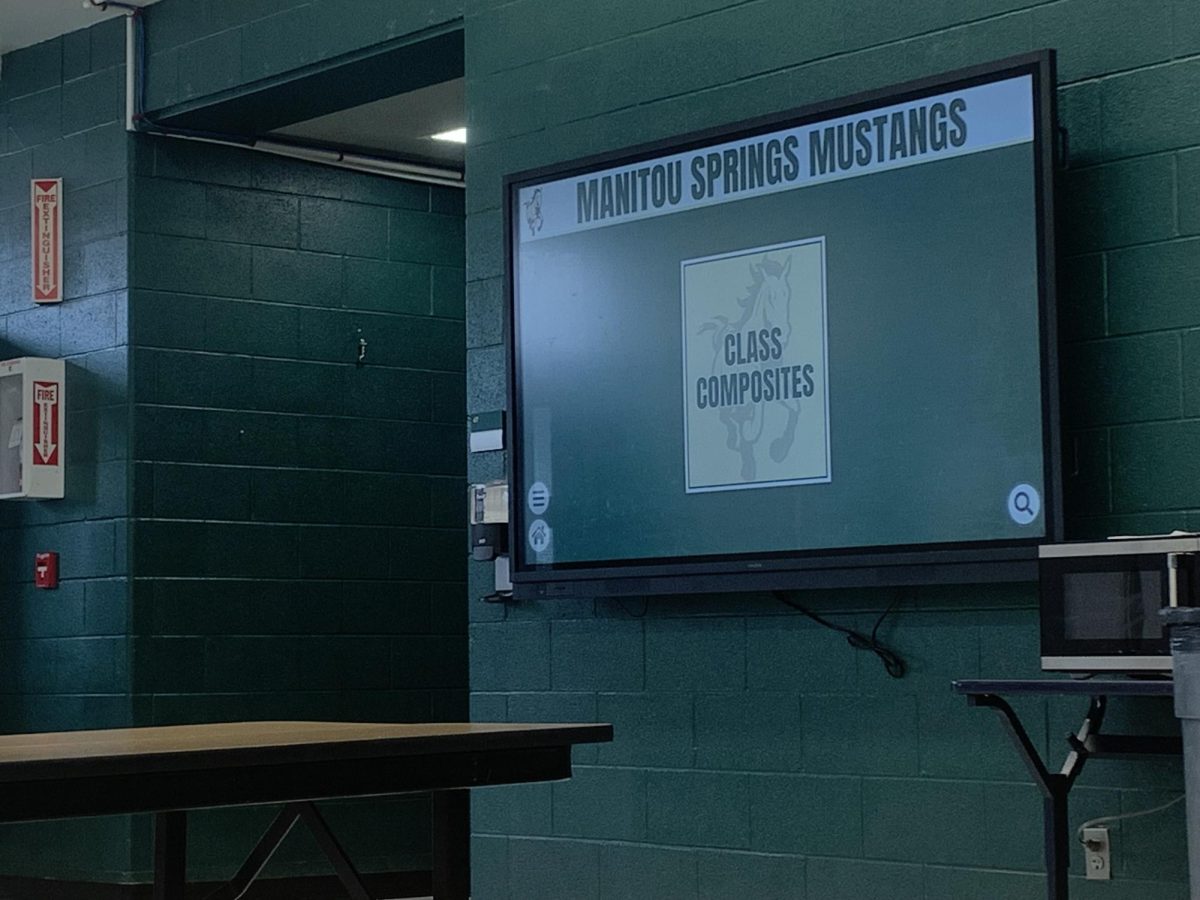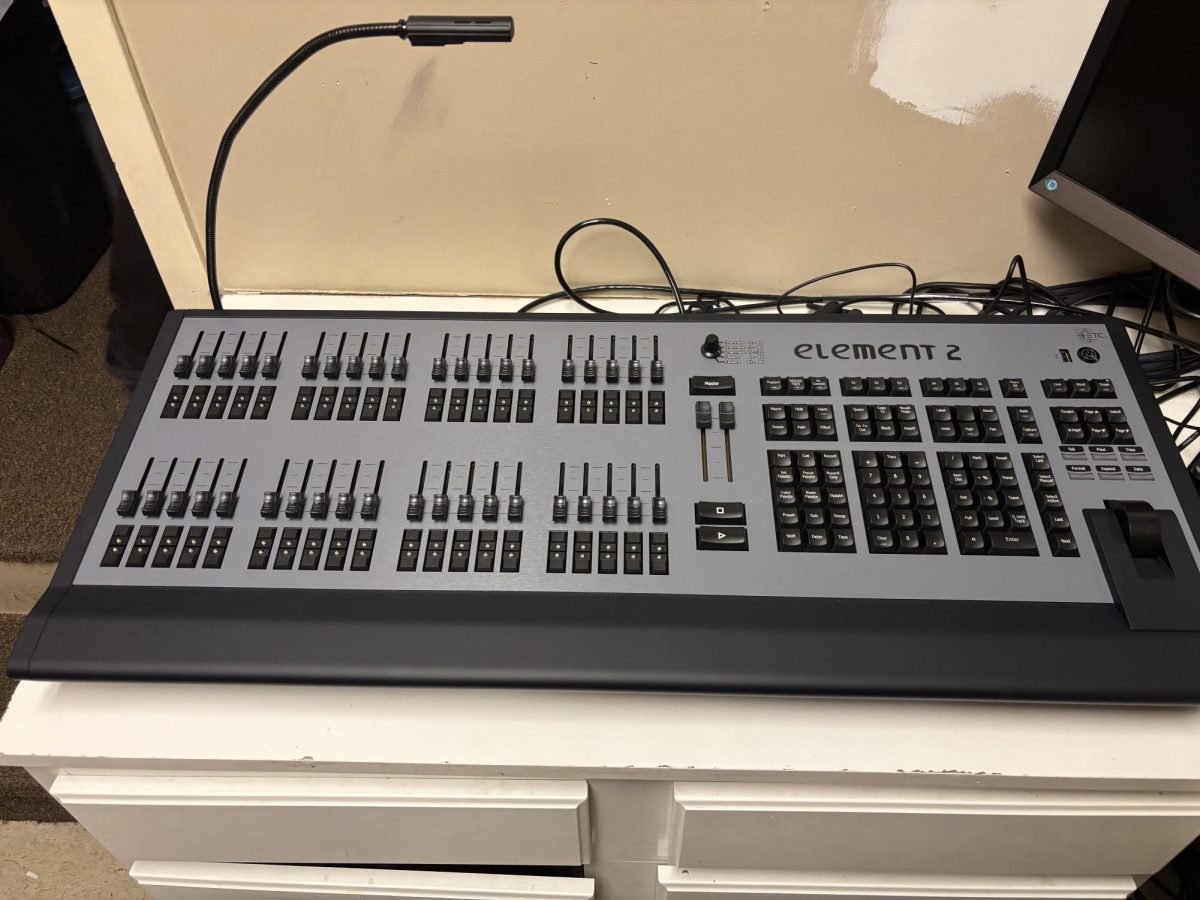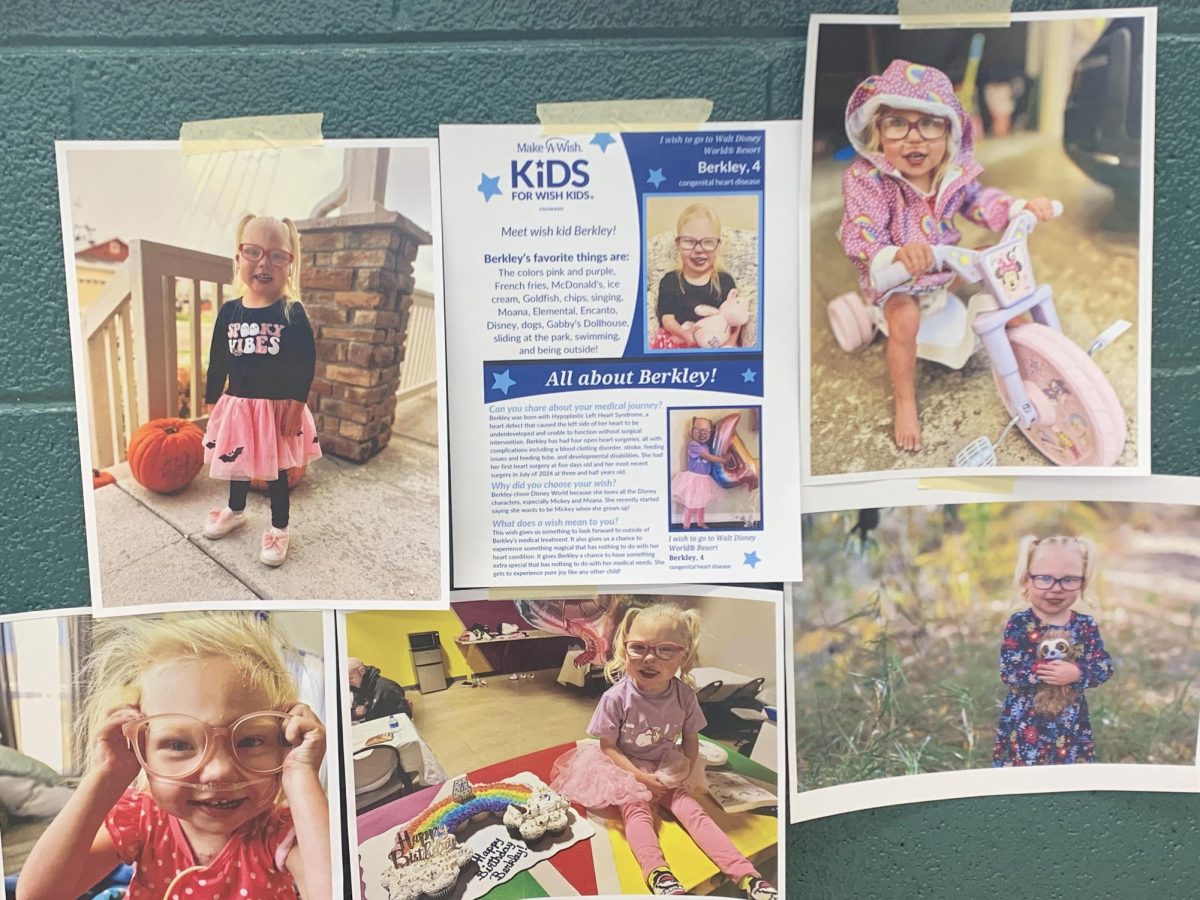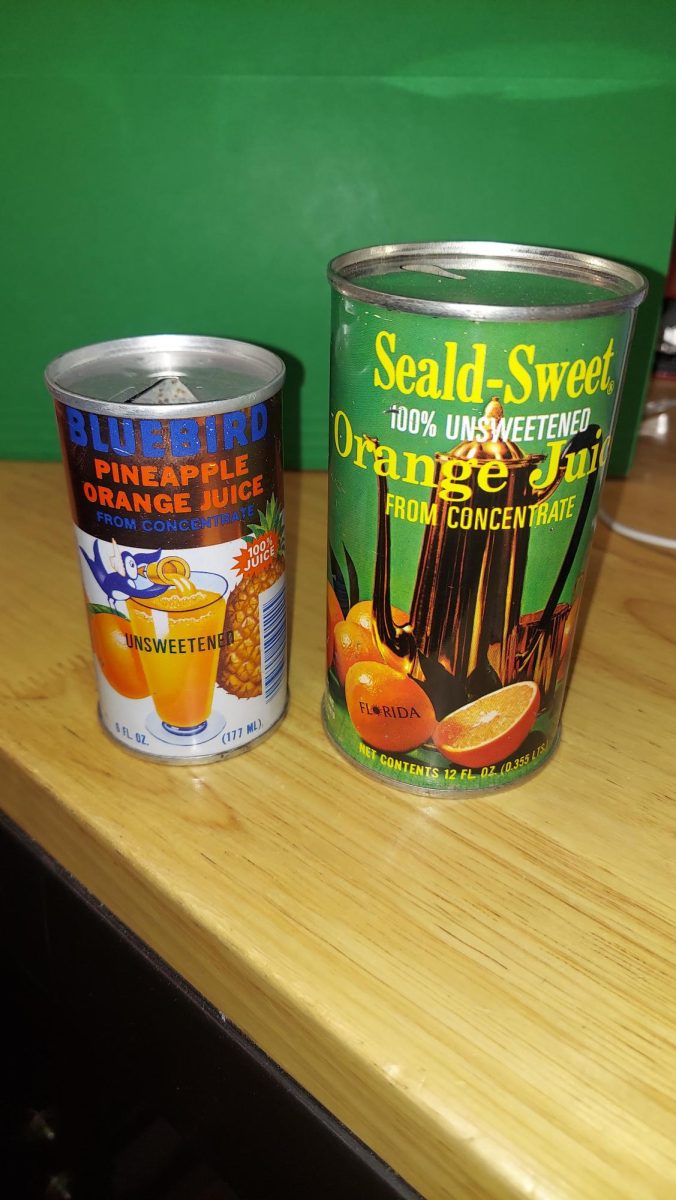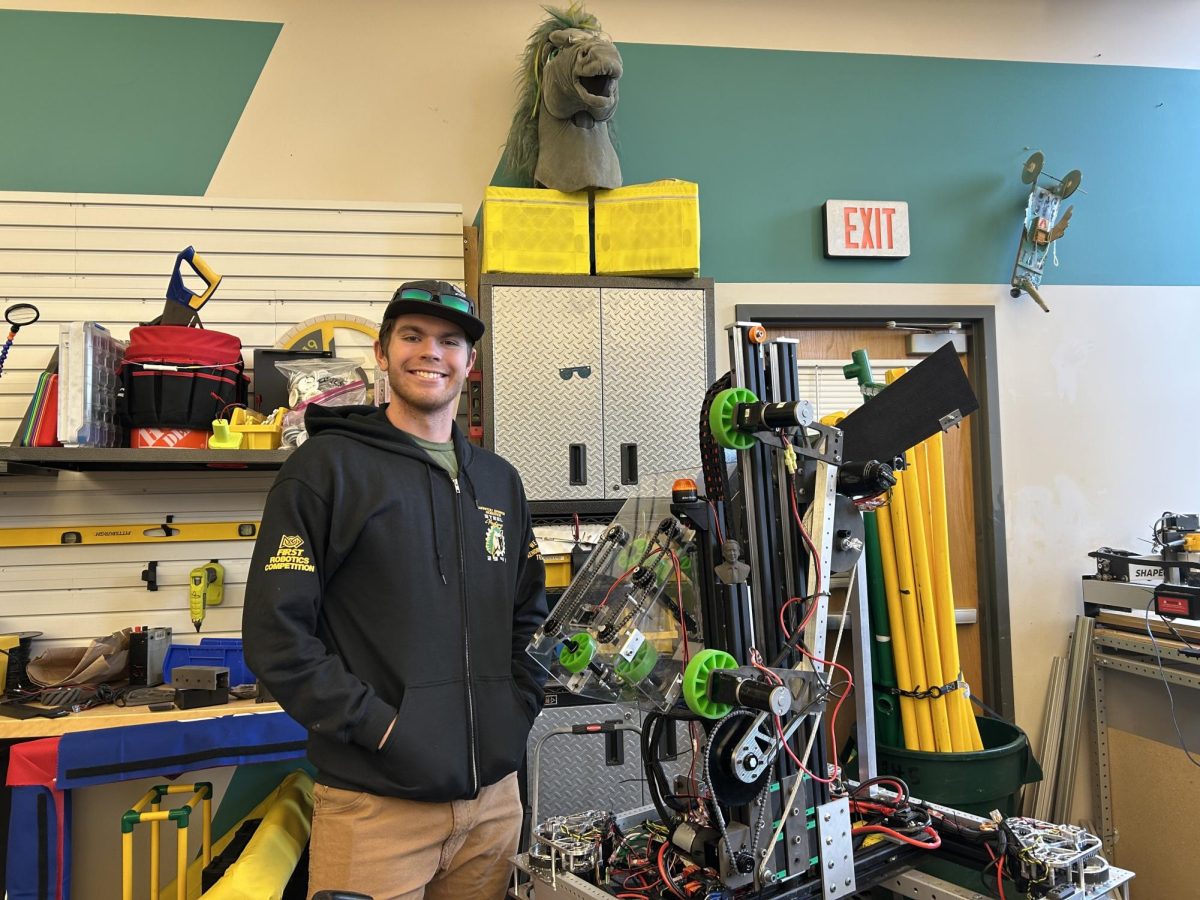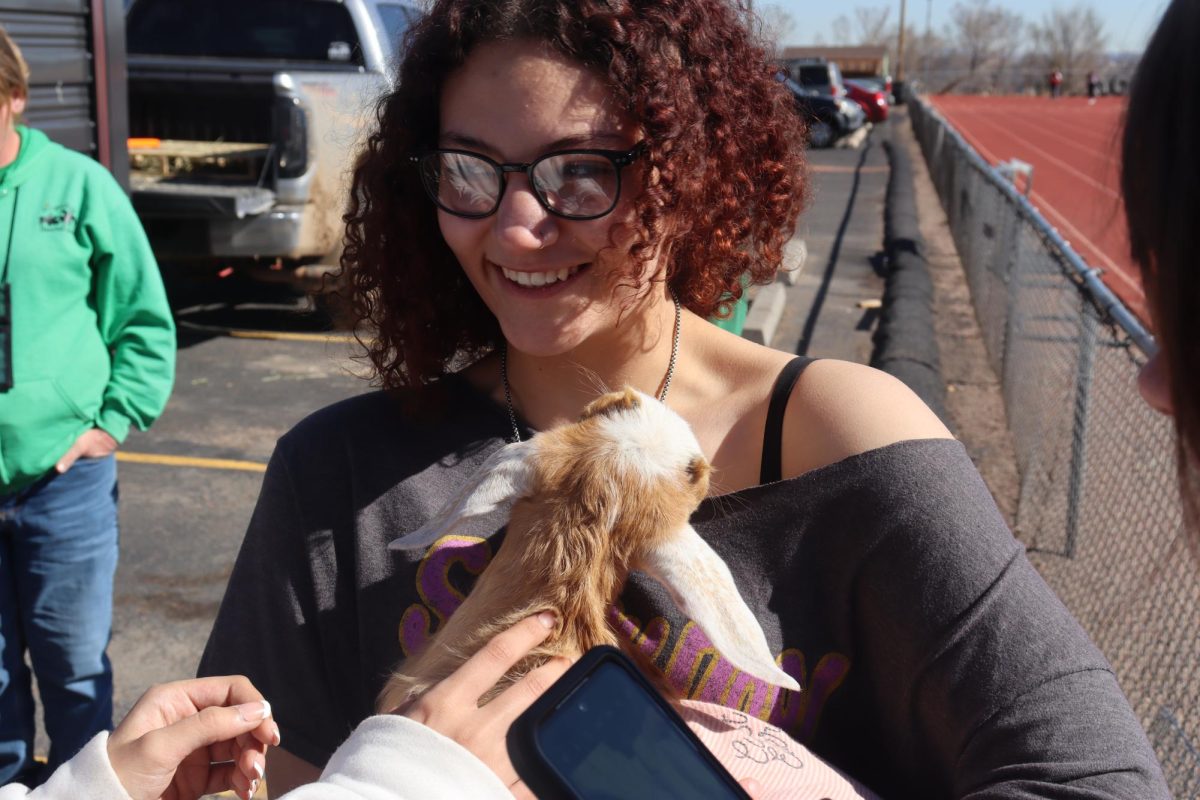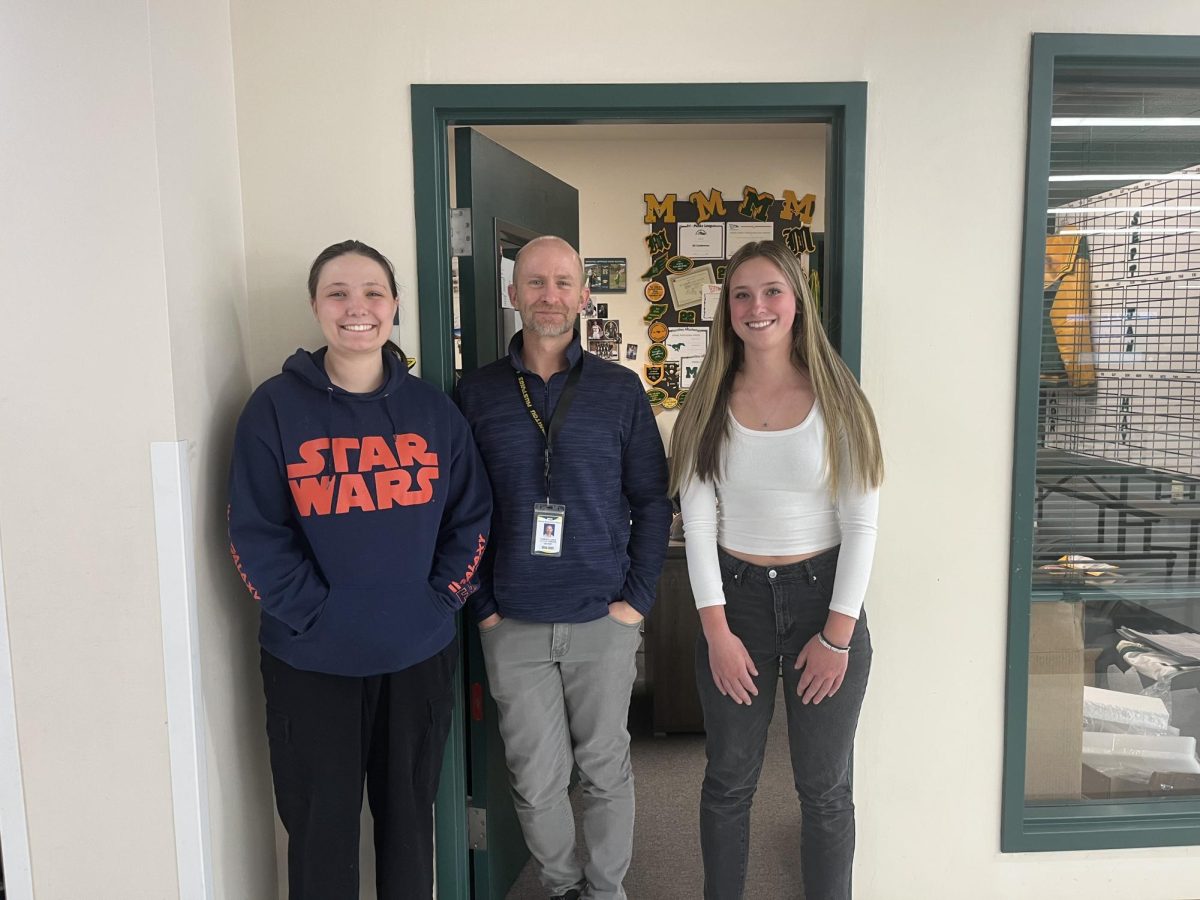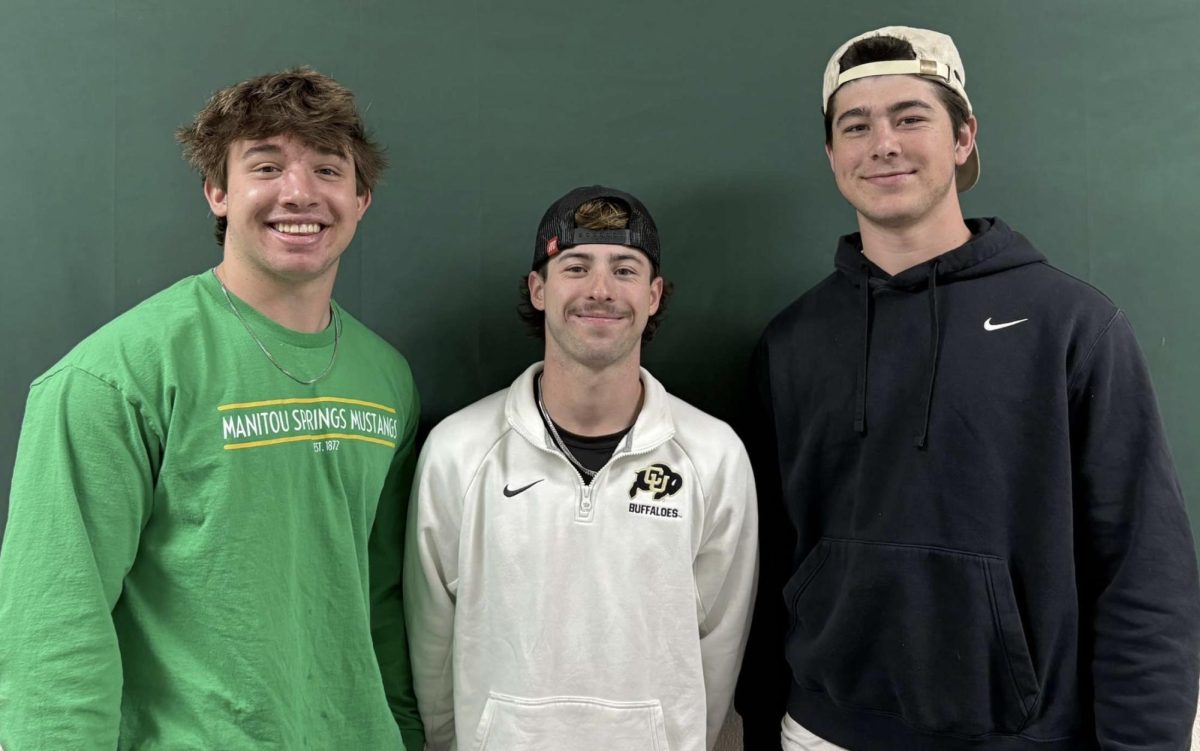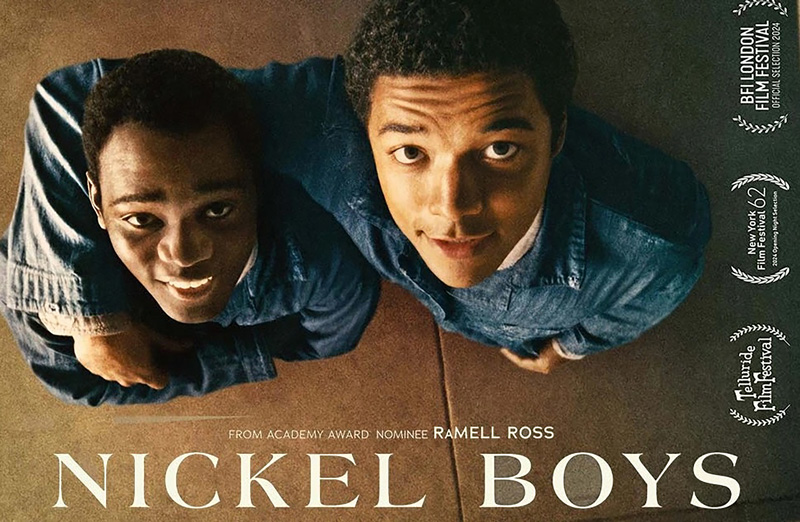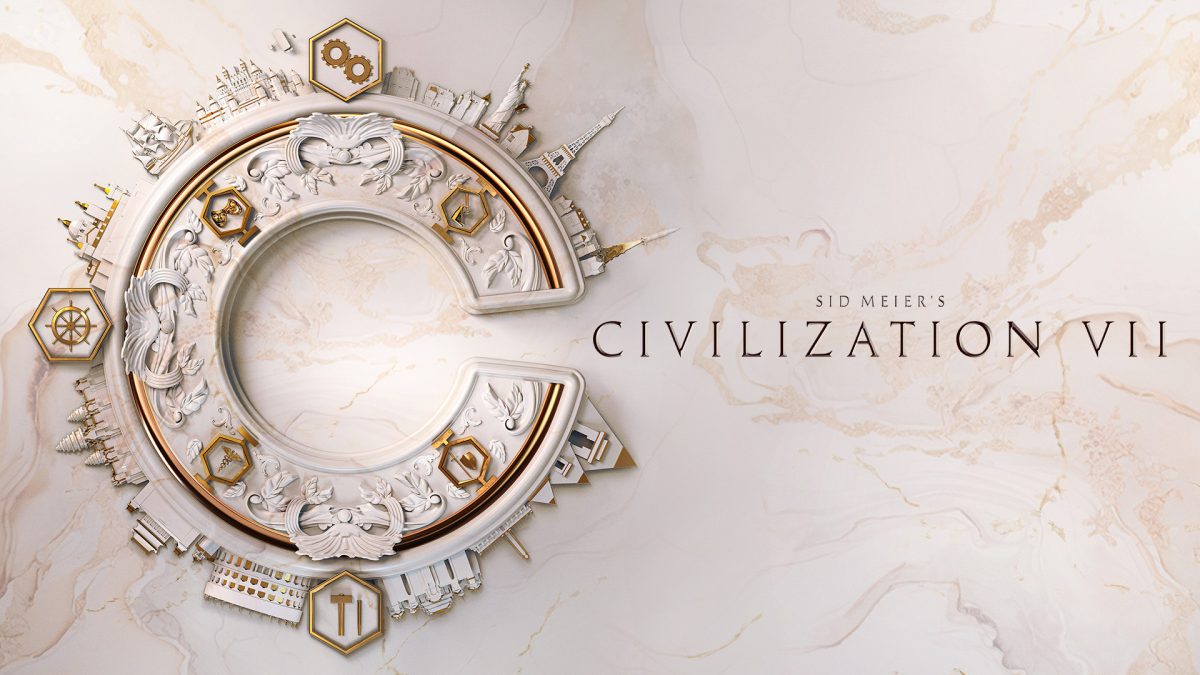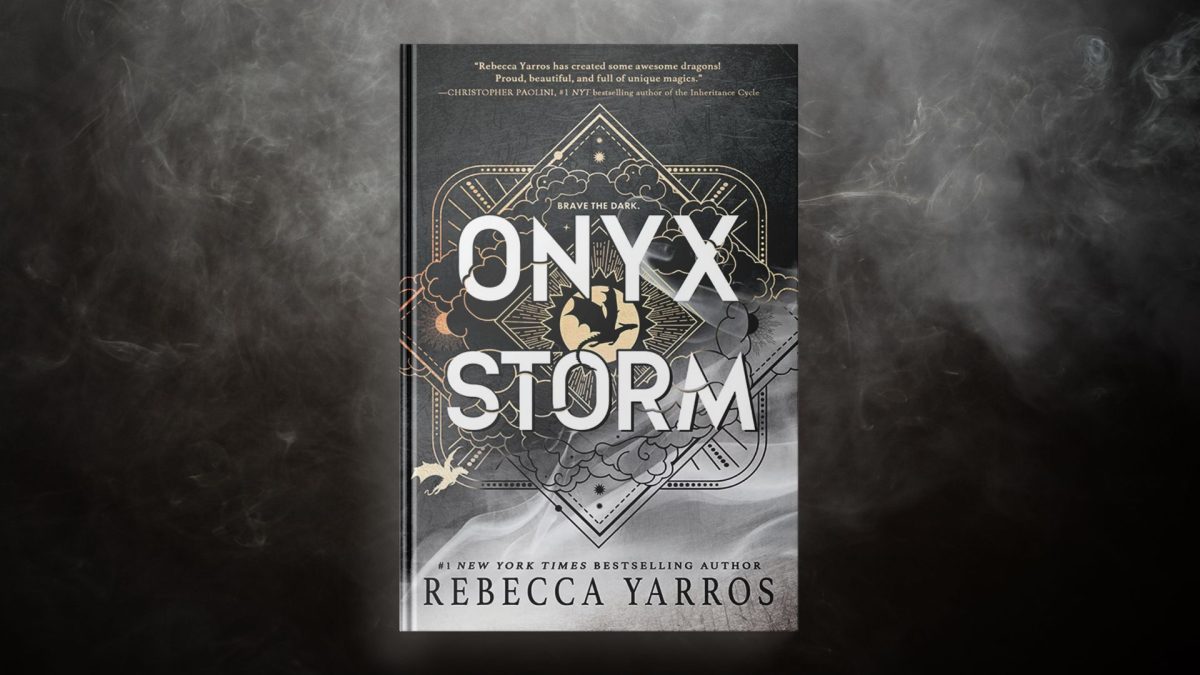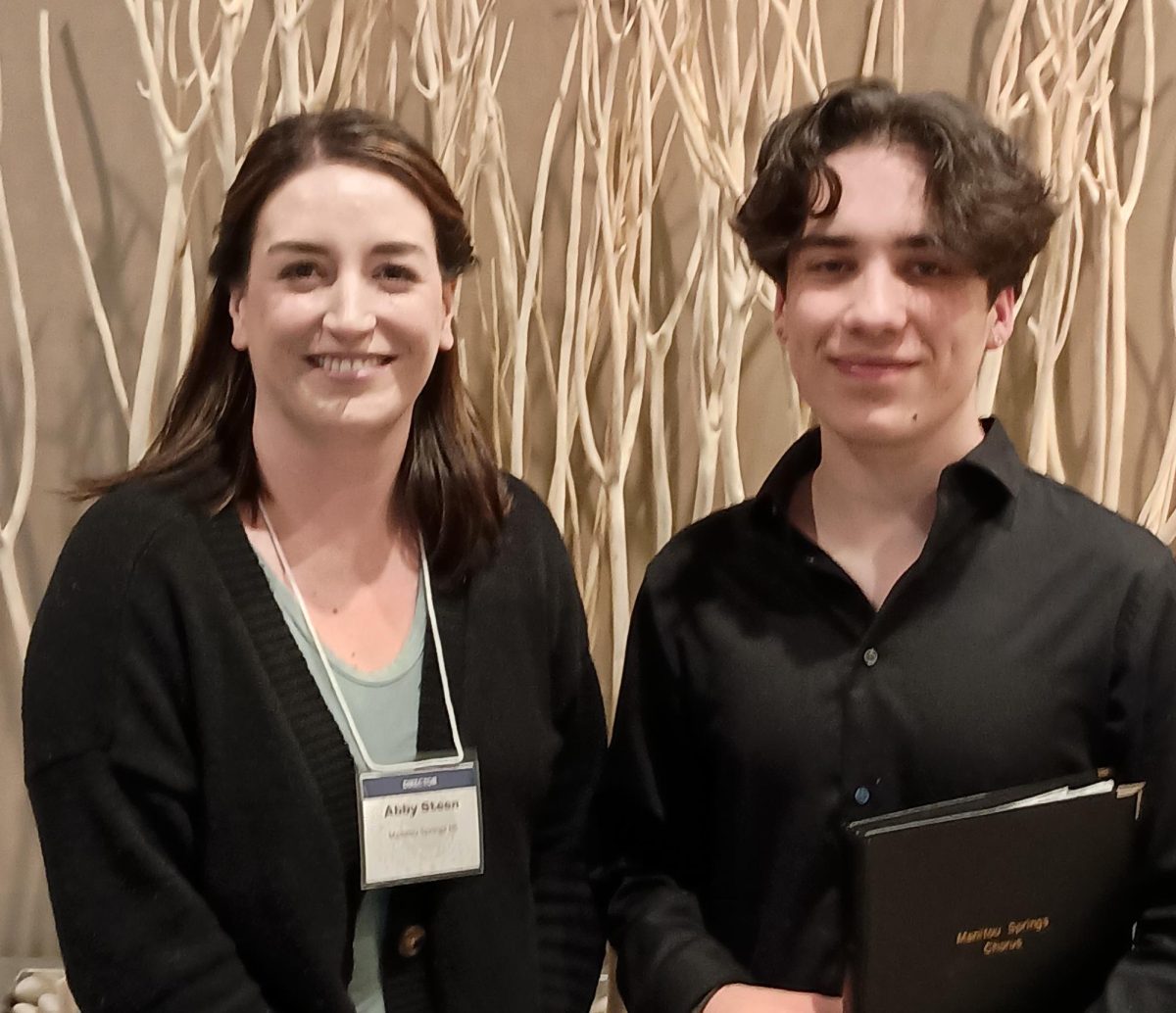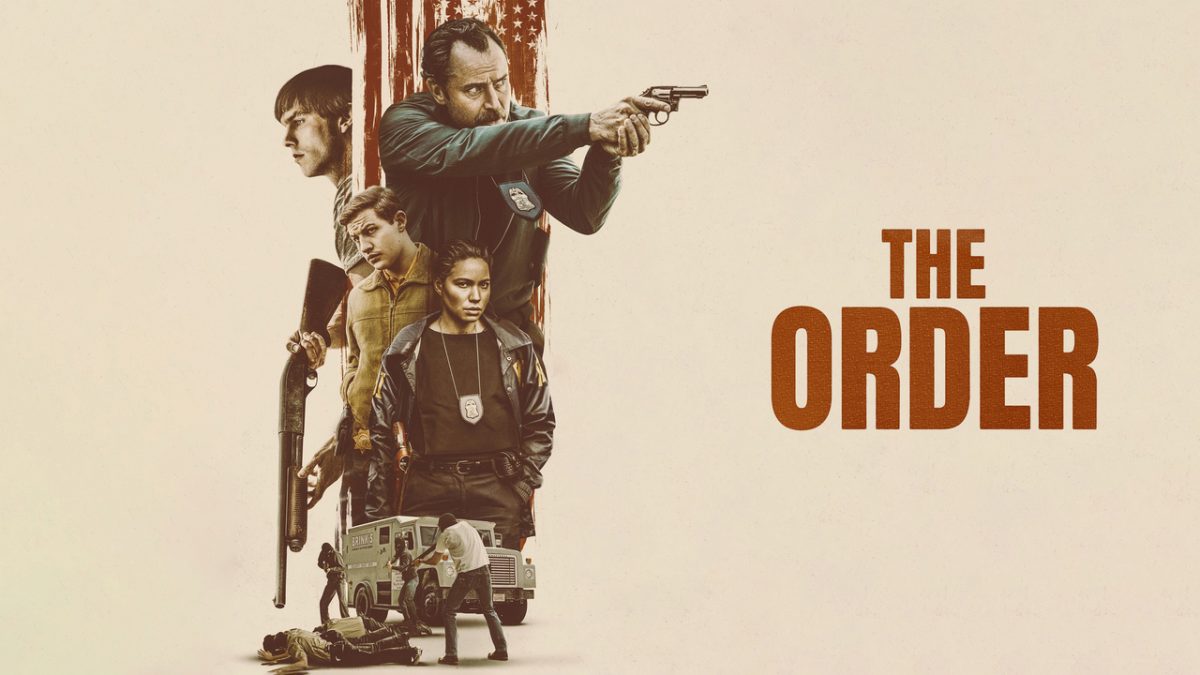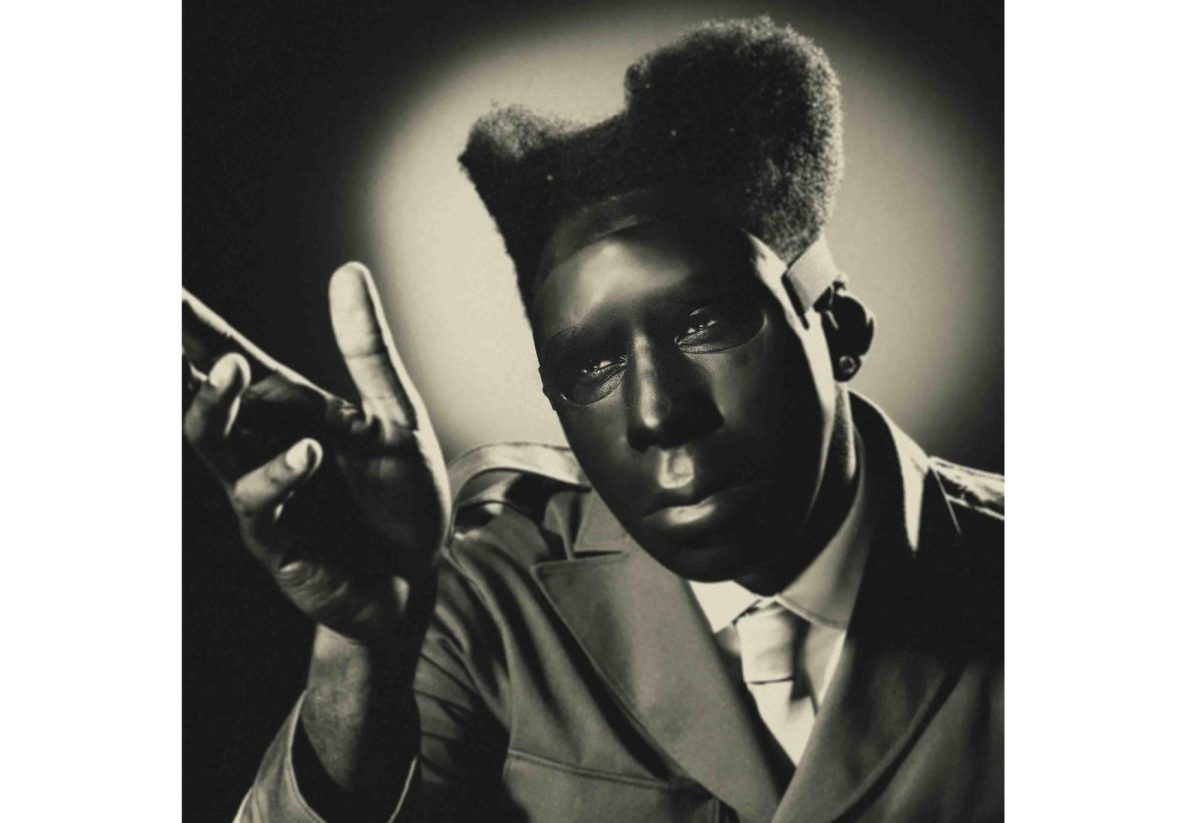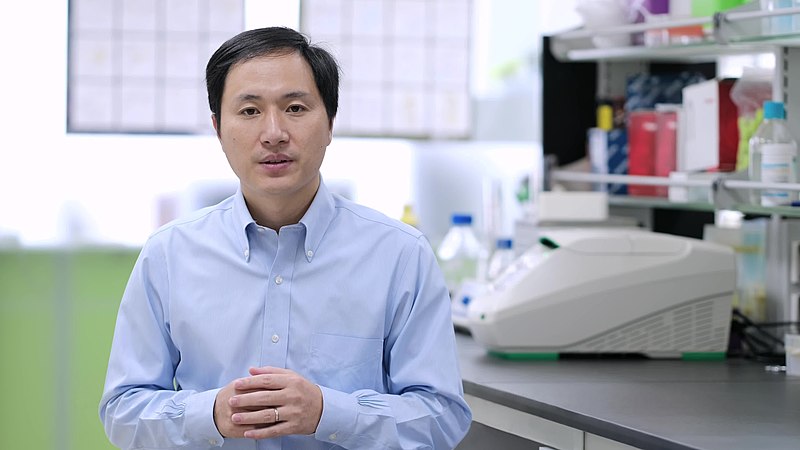Where Do We Draw the Line With Science
December 11, 2018
To the editor:
The New York Times recently posted the article “Why Are Scientist So Upset About the First Crispr Babies?” by Gina Kolata and Pam Belluck. The Chinese scientist He Jiankui has made science fiction into reality by editing embryos, implanting them into a woman’s womb, and successfully bringing to twin girls into the world: Lulu and Nana. His idea for the editing of genes has brought a lot of confrontation to the subject and is, in fact, illegal in many states. People are eerie of the idea of editing genes and creating a more powerful race and the consequences of mutations.
Jiankui experiment was to create a tolerance and immunity to HIV and AIDS to help with China’s crisis, which would be very effective due to the fact that there still is no cure for either and both can be very deadly. Although the goal would be incredibly beneficial, messing with nature can have scary side effects. What’s going to happen to these children when they are born with serious unaccounted mutations? What are these children’s lives going to be like? Will they be able to lead normal lives or will they always be lab rats?
Science is based on experimental learning and with this experimental learning, we gather more knowledge and progress globally. With these experiments comes good and bad, such as failed experiments and unexpected outcomes. However, developing medical cures and evolving is important.

